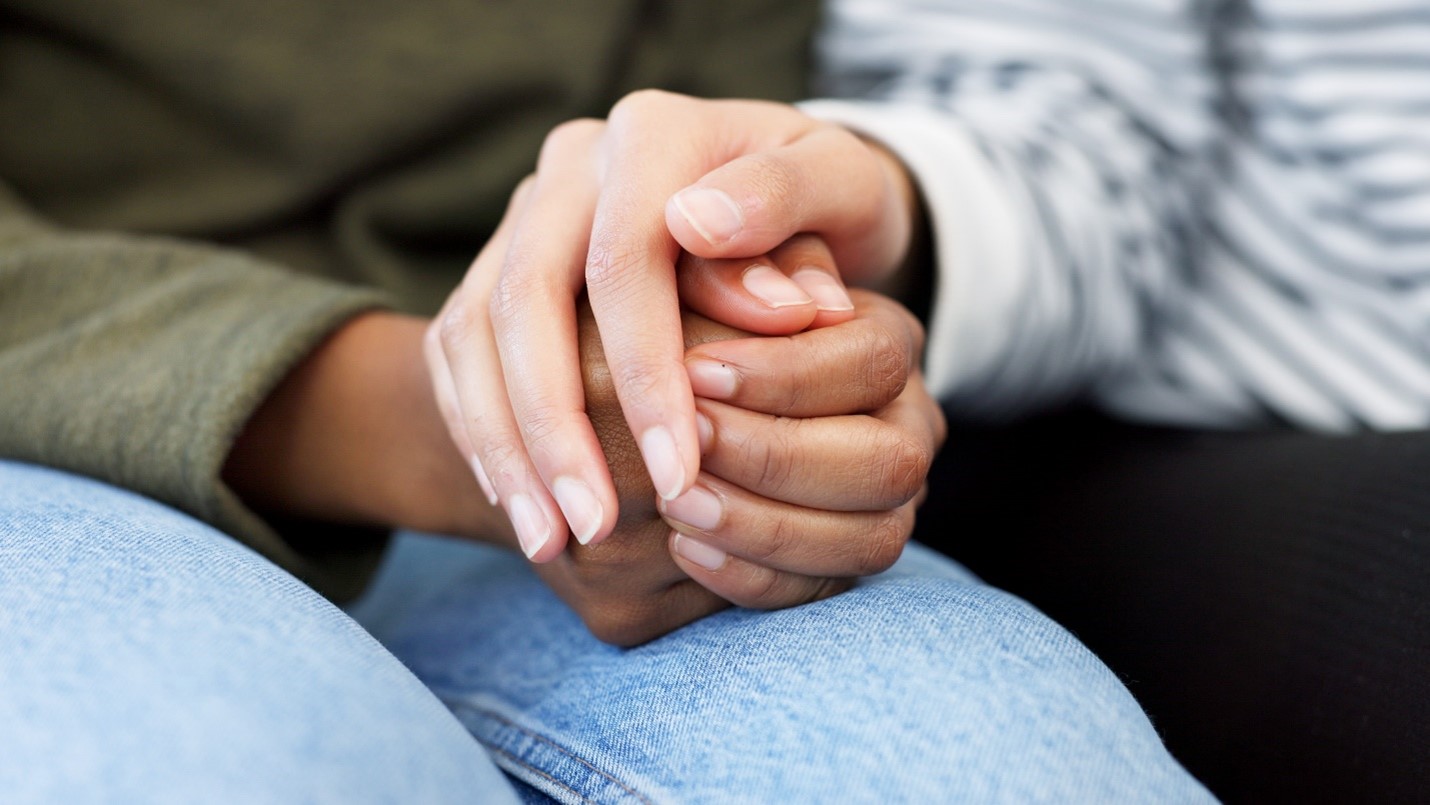Childhood experiences shape how individuals interact, trust, and connect with others. When a person endures trauma in their formative years, those experiences often leave lasting imprints, influencing emotional responses, attachment styles, and coping mechanisms in adulthood. Many couples find themselves struggling with deep-seated fears of abandonment, difficulty in expressing emotions, or an inability to trust fully. These challenges are not necessarily a reflection of the relationship itself but rather the unresolved wounds of the past. Stacy Amoroso of Bucks County knows that healing from childhood trauma within a relationship requires patience, understanding, and a commitment to growth together.
The Link Between Childhood Trauma and Relationship Challenges
People who experience childhood trauma often carry emotional scars that impact their ability to engage in healthy relationships. Whether it was neglect, emotional or physical abuse, or growing up in a volatile environment, these early experiences shape how love and security are perceived. Trauma survivors may struggle with trust, fearing that closeness will lead to pain or disappointment. They may also develop anxious or avoidant attachment styles, affecting how they express needs and respond to their partner’s emotions.
For some, childhood trauma creates patterns of emotional withdrawal, leading them to shut down during moments of conflict or vulnerability. Others may become hyper-aware of perceived rejection, reacting with heightened sensitivity to any sign of distance or disconnection. These responses, while instinctive, can create barriers to intimacy, leaving both partners feeling isolated or misunderstood.
The Role of Triggers in Romantic Relationships
A seemingly small action—such as a partner needing alone time or a disagreement escalating into an argument—can trigger deep-seated fears linked to past experiences. The brain, wired for survival, often misinterprets present situations through the lens of past wounds, causing disproportionate emotional responses. A partner withdrawing after a disagreement may be perceived as abandonment, reigniting childhood fears of being left behind. Similarly, constructive criticism can feel like rejection, leading to defensive reactions.
These triggers, if unrecognized, can fuel repeated cycles of conflict, where both partners feel unheard or invalidated. It is essential for individuals to develop self-awareness around their own trauma responses and communicate openly about their emotional needs. Healing together means recognizing when past wounds are influencing present interactions and working toward a shared understanding.
Building a Safe Space for Healing
A strong and secure relationship provides an opportunity for healing, but it requires intentional effort. Creating a safe space for emotional expression is key. This means listening without judgment, validating feelings, and reassuring one another that vulnerability will not lead to rejection. Trust is built in small, consistent moments where both partners feel seen and supported.
Patience plays a significant role in this process. Trauma does not resolve overnight, and setbacks are natural. The goal is not perfection but progress—learning to navigate emotional triggers in a way that strengthens rather than fractures the relationship. Couples who approach healing with empathy rather than frustration create an environment where growth is possible.
Communication as a Tool for Growth
Open and honest communication is vital for couples navigating the impact of childhood trauma. Sharing fears, insecurities, and emotional triggers allows for deeper connection and understanding. Instead of assuming that a partner’s reaction is about the present situation, it is important to explore underlying emotions and provide reassurance where needed.
Avoiding blame is crucial in these conversations. Trauma responses are not a conscious choice but rather deeply ingrained survival mechanisms. Framing discussions around personal experiences rather than accusations—such as saying “I feel scared when I sense distance” instead of “You always pull away”—encourages constructive dialogue rather than defensiveness.
Seeking Professional Support
While couples can support each other in healing, professional guidance is often invaluable. Therapists trained in trauma-informed care help individuals unpack their past in a way that fosters self-awareness and growth. Couples therapy can also provide tools for effective communication, conflict resolution, and rebuilding trust.
It is important to remember that healing is an ongoing journey. There is no single breakthrough moment where all wounds disappear, but with consistent effort, couples can create a foundation of security and emotional intimacy. Recognizing trauma’s impact is the first step; actively working through it together is what leads to transformation.
Embracing Growth and Connection
The past may shape the present, but it does not have to define the future. Relationships affected by childhood trauma can still thrive when both partners commit to mutual understanding and growth. Every challenge presents an opportunity to strengthen the bond, deepening emotional resilience and reinforcing the love that brought them together in the first place.
By facing trauma with courage, patience, and compassion, couples can not only heal past wounds but also build a relationship rooted in trust, security, and unwavering support. The journey is not without its struggles, but the reward—a deeper, more authentic connection—is worth every step.
